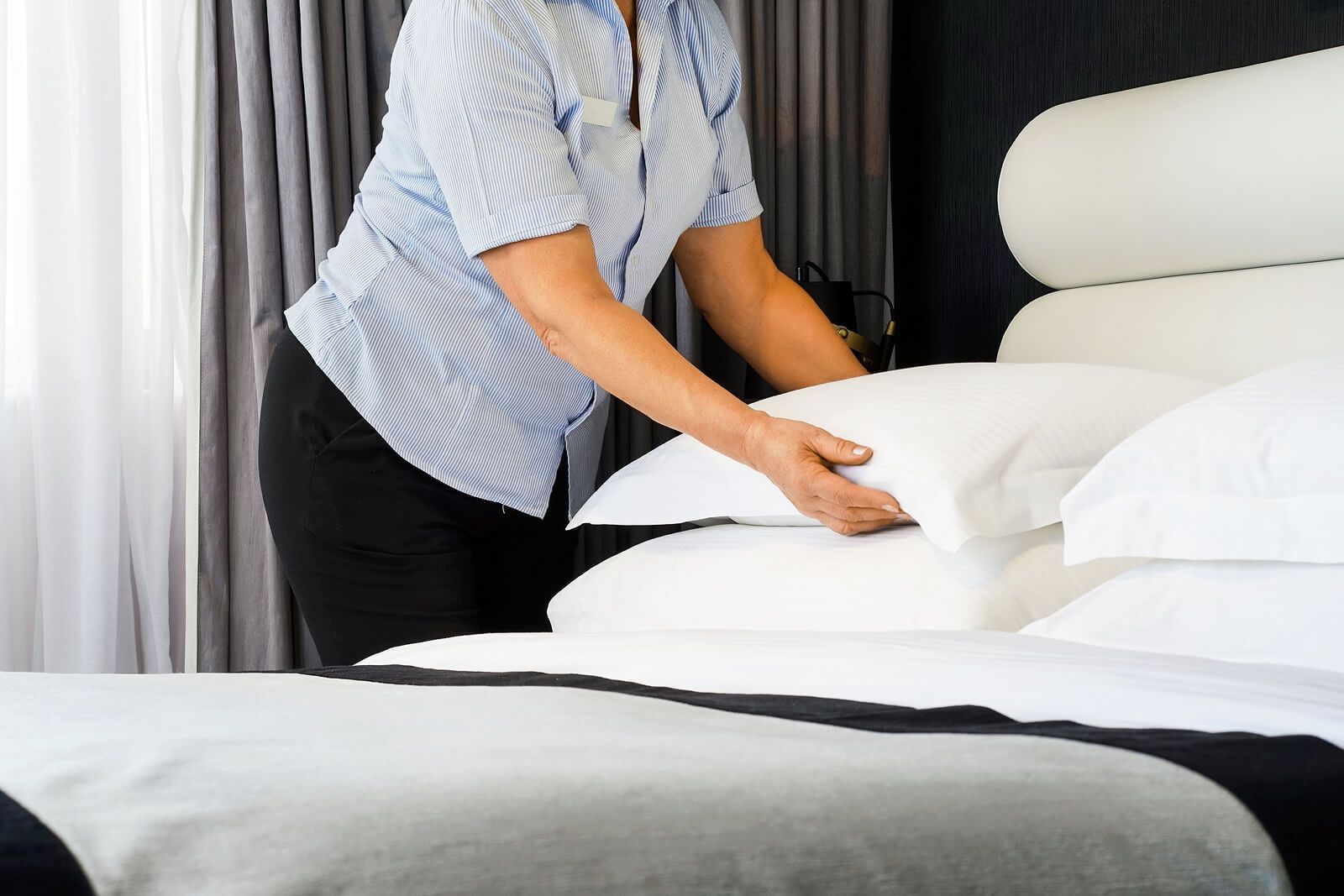

Articles
How Do Hotels Clean Pillows
Modified: October 20, 2024
Discover the effective methods used by hotels to clean pillows. Read our informative articles on how to maintain cleanliness and hygiene for a comfortable and healthy sleep.
(Many of the links in this article redirect to a specific reviewed product. Your purchase of these products through affiliate links helps to generate commission for Storables.com, at no extra cost. Learn more)
Introduction
Welcome to the world of hospitality, where hotels strive to provide a comfortable and hygienic experience for their guests. While you may not think twice about it, the cleanliness of hotel pillows is of utmost importance. After all, we spend hours resting our heads on these pillows, and they can harbor dust mites, allergens, and other contaminants.
In this article, we will dive into the topic of how hotels clean pillows to ensure a fresh and sanitary sleeping environment for their guests. We will explore the various cleaning methods, including washing, drying, sterilizing, and removing stains and odors. So, if you’ve ever wondered what goes on behind the scenes to keep those hotel pillows pristine, read on!
Key Takeaways:
- Hotels prioritize guest comfort and hygiene by employing rigorous cleaning methods, including washing, drying, sterilizing, and stain/odor removal, to ensure pillows are fresh and allergen-free for a pleasant stay.
- Regular pillow replacement, immediate attention to stains/odors, and evolving hygiene standards demonstrate hotels’ commitment to providing a clean, comfortable, and enjoyable sleeping environment for their guests.
Read more: What Pillows Do Marriott Hotels Use
Importance of Clean Pillows
When it comes to the overall cleanliness of a hotel room, pillows play a significant role. Clean pillows not only contribute to a pleasant sleeping experience but also help maintain the health and well-being of guests. Here are a few reasons why clean pillows are essential:
- Hygiene: Pillows can accumulate dirt, sweat, body oils, and even dead skin cells over time. Regular cleaning ensures that these particles are removed, preventing the growth of bacteria and allergens.
- Allergy Relief: For individuals with allergies or asthma, clean pillows are crucial. Dust mites thrive in pillows and can trigger allergic reactions. Keeping pillows clean and allergen-free can help alleviate symptoms and ensure a restful night’s sleep.
- Odor Control: Over time, pillows can develop unpleasant odors due to sweat, body oils, or spills. Proper cleaning methods can help eliminate these odors, ensuring a fresh and pleasant sleeping environment.
- Extend Pillow Lifespan: Regular cleaning and maintenance can help extend the lifespan of pillows. By removing dirt and debris, pillows stay in better condition and can provide optimal comfort for a longer period.
- Guest Satisfaction: Clean and well-maintained pillows contribute to overall guest satisfaction. A comfortable and hygienic sleeping environment can leave a positive impression and encourage repeat visits.
As you can see, the importance of clean pillows cannot be overstated. Hotels understand the significance and invest in proper cleaning methods to ensure their guests enjoy a clean and comfortable stay.
Common Cleaning Methods for Hotel Pillows
Hotel pillows undergo a meticulous cleaning process to ensure they are fresh, hygienic, and free from allergens. Let’s explore the common cleaning methods used by hotels:
- Washing: The most common method for cleaning hotel pillows is through machine washing. Pillows are typically washed using a mild detergent and warm water. It’s important to follow the manufacturer’s instructions and use the appropriate settings for the pillow type. Hotels often use commercial-grade washing machines capable of handling large loads to efficiently clean multiple pillows at once.
- Drying: After washing, pillows are thoroughly dried to remove moisture. Hotels use commercial dryers with controlled heat settings to prevent damage to the pillow fillings. To maintain the fluffiness and proper shape, some hotels use dryer balls or tennis balls to agitate the pillows during the drying process.
- Sterilizing: To ensure the highest level of cleanliness, hotels may also employ sterilization methods. This can involve using high-temperature wash cycles, steam, or even UV sterilization. These methods help eliminate bacteria, allergens, and other contaminants that normal washing may not completely remove.
- Spot Cleaning: In addition to regular washing, hotel staff may use spot cleaning techniques to address stains and spills on pillows. This involves treating the affected area with a suitable stain remover or mild detergent and gently blotting the stain. It’s important to test the cleaning solution on a small, inconspicuous area of the pillow first to ensure it doesn’t cause discoloration or damage.
- Pillow Protectors: Many hotels use pillow protectors as an added layer of defense against stains, allergens, and dust mites. These removable covers act as a barrier, extending the life of the pillows and making them easier to clean. Pillow protectors are typically laundered and replaced regularly.
These cleaning methods are designed to maintain the cleanliness and quality of hotel pillows. By implementing a combination of washing, drying, sterilization, spot cleaning, and using protective covers, hotels ensure that their pillows are clean, comfortable, and ready for the next guest.
Washing Hotel Pillows
Washing hotel pillows is a critical step in the cleaning process to remove dirt, sweat, oils, and other contaminants that accumulate over time. Here’s a closer look at how hotels wash their pillows:
1. Sorting: Before washing, hotel staff sorts the pillows based on their type and material. This ensures that pillows with similar characteristics are washed together, preventing damage or uneven wear.
2. Pre-Treatment: In some cases, pillows may require pre-treatment to address stubborn stains or odors. Hotel staff may pretreat these areas using gentle stain removers or upholstery cleaners, allowing the cleaning agents to penetrate the fabric before washing.
3. Selecting the Right Detergent: Hotels typically use mild detergents that are suitable for the pillow material. These detergents effectively lift dirt and oils while preserving the integrity of the pillow’s filling. It’s essential to follow manufacturer guidelines and avoid using harsh chemicals that may damage the pillows.
4. Choosing the Correct Washing Machine Settings: Hotels often have commercial-grade washing machines capable of accommodating multiple pillows at once. The washing machine settings are adjusted according to the pillow type and the specific requirements provided by the manufacturer. This includes selecting the appropriate water temperature and cycle length.
5. Loading and Washing: Once everything is set, the pillows are loaded into the washing machine. It’s important not to overcrowd the machine, as this can prevent proper cleaning and lead to uneven drying. Hotels strive to maintain a balance between efficiency and ensuring thorough cleaning.
6. Rinse Cycle: After the initial wash cycle, hotels typically run an additional rinse cycle to ensure all traces of detergent are removed. This helps prevent any residue that may cause skin irritation or affect the pillows’ fluffiness.
7. Drying: After washing, pillows are carefully transferred to commercial dryers. These dryers often have adjustable heat settings to prevent damage to the pillows’ filling and fabrics. Hotel staff may also place tennis balls or dryer balls in the dryer to help maintain the fluffiness and shape of the pillows.
8. Quality Check: After drying, hotel staff performs a quality check to ensure the pillows are clean, dry, and in good condition. Any pillows that do not meet the hotel’s high cleanliness standards are removed and replaced.
9. Pillow Protectors: To maintain cleanliness and prolong the lifespan of the pillows, many hotels use removable pillow protectors. These protectors act as an additional barrier against stains, allergens, and dust mites. The pillow protectors are also regularly laundered and replaced following the hotel’s standard procedures.
By following these steps and implementing proper washing techniques, hotels can ensure that their pillows are thoroughly cleaned and ready to provide the utmost comfort to their guests.
Drying Hotel Pillows
Once hotel pillows have been washed, it’s crucial to ensure that they are properly dried to remove all moisture and restore their fluffiness. Here are the steps hotels typically take when drying their pillows:
1. Transferring to Dryer: After the washing cycle is complete, hotel staff carefully transfer the pillows from the washing machine to commercial dryers. These dryers are designed to handle large loads and have adjustable heat settings.
2. Adjusting Heat Settings: Hotels use dryers with controlled heat settings to prevent damage to the pillows. Depending on the pillow material and manufacturer’s instructions, the appropriate heat settings are selected to ensure gentle drying. High heat can cause the pillows to lose their shape or even melt the filling, so lower heat settings are often used
3. Fluffing and Separating: To maintain a consistent fluffiness, hotels may add dryer balls or tennis balls to the dryer. These balls help to agitate the pillows and prevent clumping, resulting in evenly dried and fluffed pillows. Hotel staff also periodically check and separate the pillows during the drying process to ensure they dry thoroughly.
4. Time and Patience: Drying pillows thoroughly may take some time, depending on the size and type of pillows, as well as the dryer capacity. Hotel staff understand the importance of patience and allow sufficient drying time to ensure that the pillows are completely dry. Rushing this process can lead to pillows retaining moisture, which can result in mold and mildew growth.
5. Quality Check: Once the drying process is complete, hotel staff perform a quality check to ensure that the pillows are fully dry, fluffy, and in good condition. Any pillows that do not meet the hotel’s standards are removed and replaced to maintain cleanliness and guest satisfaction.
6. Pillow Protector Care: If the pillows have removable protectors, hotel staff will also clean and dry the pillow protectors according to standard procedures. This ensures that the protectors are hygienic and ready to be placed back on the pillows before the next guest arrives.
Properly drying hotel pillows is essential not only for their longevity and appearance but also for maintaining a clean and comfortable environment for guests. By following these steps, hotels ensure that their pillows are thoroughly dried and ready to provide a restful night’s sleep.
To clean hotel pillows, use a mixture of warm water and mild detergent to spot clean any stains. Then, place the pillows in the washing machine on a gentle cycle with a mild detergent. Finally, dry the pillows thoroughly on a low heat setting.
Read more: Why Are Hotel Pillows So Comfortable
Sterilizing Hotel Pillows
In addition to washing and drying, hotels may also employ sterilization methods to ensure the highest level of cleanliness for their pillows. Sterilization helps eliminate bacteria, allergens, and other contaminants that normal washing and drying may not completely remove. Here are some common sterilization methods used by hotels:
1. High-Temperature Wash Cycles: Hotels may use washing machines capable of running high-temperature wash cycles. By increasing the water temperature, bacteria, dust mites, and other microorganisms can be effectively killed, ensuring a hygienic result. It’s important to note that not all pillow types can withstand high-temperature washing, so hotels follow manufacturer guidelines to prevent damage.
2. Steam Cleaning: Steam cleaning is another popular method used to sterilize hotel pillows. Steam not only kills bacteria but also helps to remove dirt, dust, and allergens. Hotels may use professional steam cleaning equipment to ensure proper sanitation without causing damage to the pillows.
3. UV Sterilization: Some hotels utilize UV sterilization technology to kill pathogens and sanitize pillows. UV-C light is used to target and destroy microorganisms, including bacteria and viruses. Pillows are exposed to the UV light for a specific duration to achieve the desired sterilization effect. This technology is highly effective and helps maintain a clean and safe sleeping environment.
4. Ozone Treatment: Ozone treatment involves the use of ozone gas to sterilize pillows. Ozone has powerful disinfectant properties and can kill bacteria, viruses, and mold spores. Specialized ozone machines are used to treat the pillows, breaking down contaminants and leaving them fresh and sanitized. This method is often used in conjunction with other cleaning processes to achieve optimum cleanliness.
It’s important for hotels to select the most appropriate sterilization method based on the pillow type, fabric, and manufacturer’s guidelines. The goal is to ensure thorough sterilization without causing damage or compromising the integrity of the pillows.
Note: While hotel pillows go through extensive cleaning and sterilization processes, guests with severe allergies or sensitivities may prefer to bring their own pillows for added peace of mind, as it allows them to have control over the cleanliness and allergen levels.
Sterilizing hotel pillows is an essential step in maintaining a clean and healthy sleeping environment. By incorporating these sterilization methods into their pillow maintenance routine, hotels can provide their guests with the highest level of cleanliness and comfort during their stay.
Removing Stains and Odors from Hotel Pillows
Accidents happen, and stains and odors on pillows are not uncommon in hotel settings. To ensure guest satisfaction and maintain the cleanliness of pillows, hotels employ various methods to effectively remove stains and odors. Here’s a look at how hotels tackle this challenge:
1. Immediate Attention: Hotel staff understand the importance of addressing stains and odors promptly. Upon discovery, they take immediate action to prevent the stains from setting or the odors from lingering. The sooner the treatment begins, the better the chances of successful stain and odor removal.
2. Spot Cleaning: For minor stains and localized odors, hotels often use spot cleaning techniques. A suitable stain remover or mild detergent is applied to the affected area, followed by gentle blotting with a clean cloth or paper towel. The stain remover is left to sit for a short period, allowing it to break down the stain or odor.
3. Proper Cleaning Agents: Hotels use specialized cleaning agents designed to be effective yet gentle on pillows. This helps to remove stains without causing damage to the fabric or compromising the quality of the pillows. It’s crucial to follow the manufacturer’s instructions for the cleaning agents and test them on a small, inconspicuous area of the pillow first.
4. Enzyme Cleaners: For tough stains, hotel staff may turn to enzyme cleaners. Enzyme cleaners contain enzymes that break down organic stains, such as those caused by sweat or food spills. These cleaners are effective in targeting and removing the source of the stain, leaving the pillow fresh and stain-free.
5. Deodorizing: To combat unpleasant odors, hotels use deodorizing techniques. This can involve using odor-neutralizing sprays, baking soda, or even lightly scented fabric refreshers. These products help to eliminate odors and leave the pillows smelling fresh and clean.
6. Sunning: Sunning pillows is a natural method that hotels sometimes use to remove odors. Pillows are placed outdoors in direct sunlight, where the sun’s UV rays help to kill bacteria and eliminate odors. It’s important to note that this method should be used with caution to prevent discoloration or damage to the pillows.
7. Proper Drying: After treating stains and odors, pillows are thoroughly dried to ensure any remaining moisture is eliminated. Proper drying helps prevent the growth of mold and mildew, which can lead to persistent odors.
8. Quality Control: Following the stain and odor removal process, hotel staff perform a final quality control check to ensure that the pillows are free from stains and odors. If any stains or odors persist, the staff may repeat the cleaning process or, if necessary, replace the pillow.
By using these stain and odor removal methods, hotels can maintain the cleanliness of their pillows and provide guests with a fresh and pleasant sleeping experience.
Replacing Hotel Pillows
While hotels take great care in cleaning and maintaining their pillows, there comes a point when regular cleaning is no longer sufficient. Over time, pillows can lose their shape, support, and hygienic properties, making replacement necessary. Here are some factors that hotels consider when replacing their pillows:
1. Pillow Lifespan: Pillows have a finite lifespan. Depending on the material and quality, pillows usually last between 1 to 2 years. Hotels track the age of their pillows and have a replacement schedule in place to ensure they are always providing guests with fresh and comfortable pillows.
2. Wear and Tear: Constant use can lead to wear and tear of the pillows. Over time, the filling can become lumpy or compressed, and the fabric can become worn or frayed. When pillows show signs of significant wear and deterioration, hotels replace them to maintain quality standards.
3. Loss of Support: Pillows are designed to provide support and comfort to guests. As pillows age, they can lose their supportive properties, leading to discomfort and restless sleep. When pillows no longer offer adequate support, hotels replace them to ensure guests have a comfortable stay.
4. Hygiene Concerns: Despite thorough cleaning methods, pillows accumulate dirt, dust mites, allergens, and bacteria over time. If hotel pillows cannot be effectively cleaned or if there are hygiene concerns, replacement is necessary to maintain a clean and allergen-free sleeping environment.
5. Guest Satisfaction: The ultimate goal is to ensure guest satisfaction. If pillows start receiving negative feedback or guests consistently request replacements due to discomfort or hygiene concerns, hotels take immediate action to replace the pillows and address these issues.
6. Evolving Standards: As new pillow technologies and materials emerge, hotels may choose to upgrade their pillows to meet evolving comfort and hygiene standards. By staying up-to-date with industry advancements, hotels can provide guests with the latest and most comfortable pillow options.
Hotels prioritize guest comfort, hygiene, and satisfaction when considering pillow replacements. By implementing regular replacement strategies and continually assessing the condition of their pillows, hotels maintain high standards of quality and ensure a pleasant experience for their guests.
Conclusion
The cleanliness and comfort of hotel pillows are paramount for ensuring an enjoyable and hygienic stay for guests. Hotels employ various cleaning methods, such as washing, drying, sterilizing, and stain/odor removal, to maintain the highest standards of cleanliness. By understanding the importance of clean pillows, hotels go the extra mile to provide a fresh and allergen-free sleeping environment for their guests.
Keeping pillows clean is not just about maintaining appearance; it also plays a crucial role in promoting good health. Regular cleaning methods, including washing and drying, effectively remove dirt, sweat, oils, and allergens. Sterilization techniques, such as high-temperature wash cycles and UV sterilization, further eliminate bacteria and contaminants that may be missed during regular cleaning.
In addition to cleanliness, hotels also address stains and odors that may occur on their pillows. Immediate attention and spot cleaning techniques help remove stains before they set in, while deodorizing methods ensure pillows smell fresh and pleasant. When pillows reach the end of their lifespan, experience wear and tear, or no longer provide sufficient support, hotels replace them to maintain guest comfort and satisfaction.
In conclusion, hotels understand the importance of clean pillows and prioritize their cleanliness and maintenance. By implementing regular cleaning, drying, sterilizing, stain/odor removal, and replacement strategies, hotels ensure that guests can enjoy a comfortable, hygienic, and restful night’s sleep. So, the next time you rest your head on a hotel pillow, you can rest assured that it has been meticulously cleaned to provide you with the ultimate comfort and cleanliness.
Frequently Asked Questions about How Do Hotels Clean Pillows
Was this page helpful?
At Storables.com, we guarantee accurate and reliable information. Our content, validated by Expert Board Contributors, is crafted following stringent Editorial Policies. We're committed to providing you with well-researched, expert-backed insights for all your informational needs.
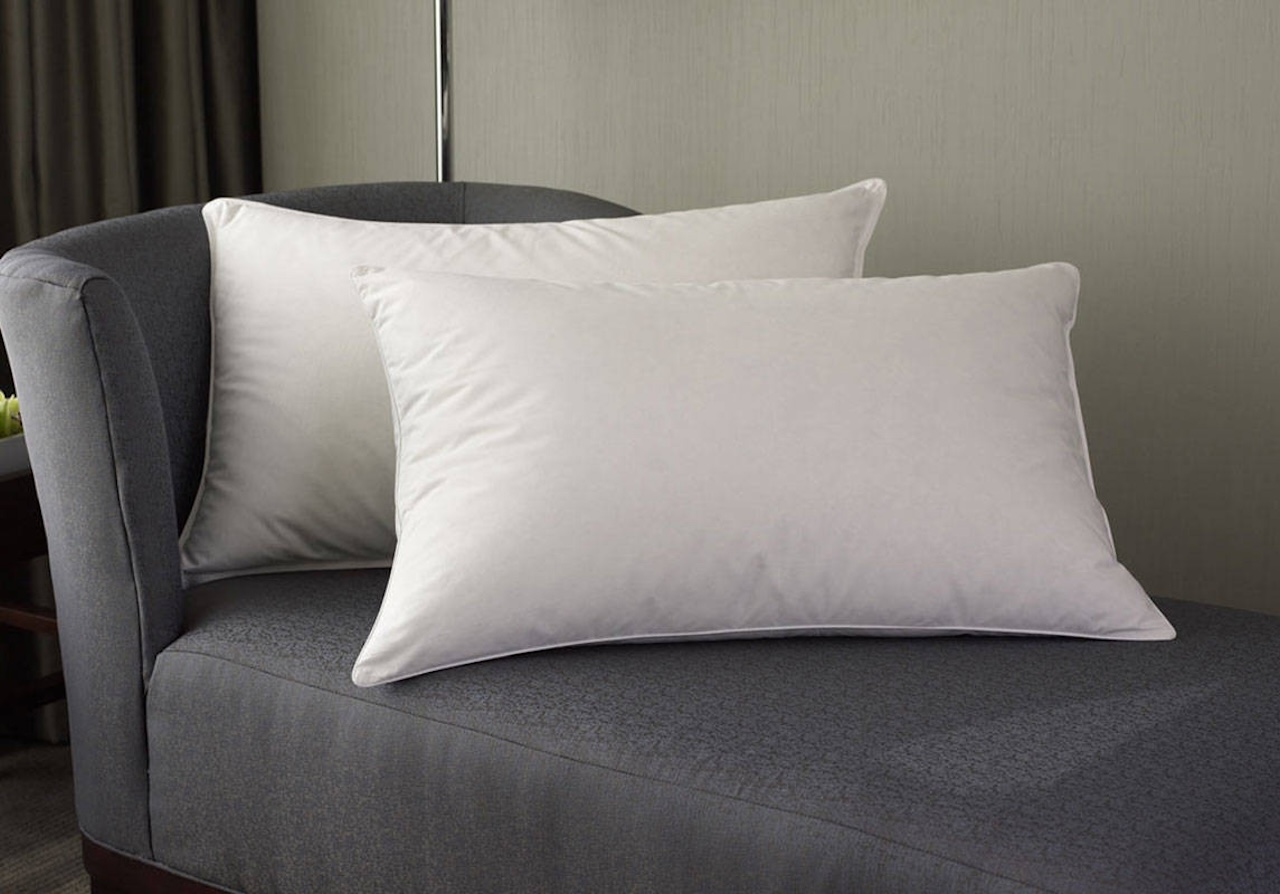
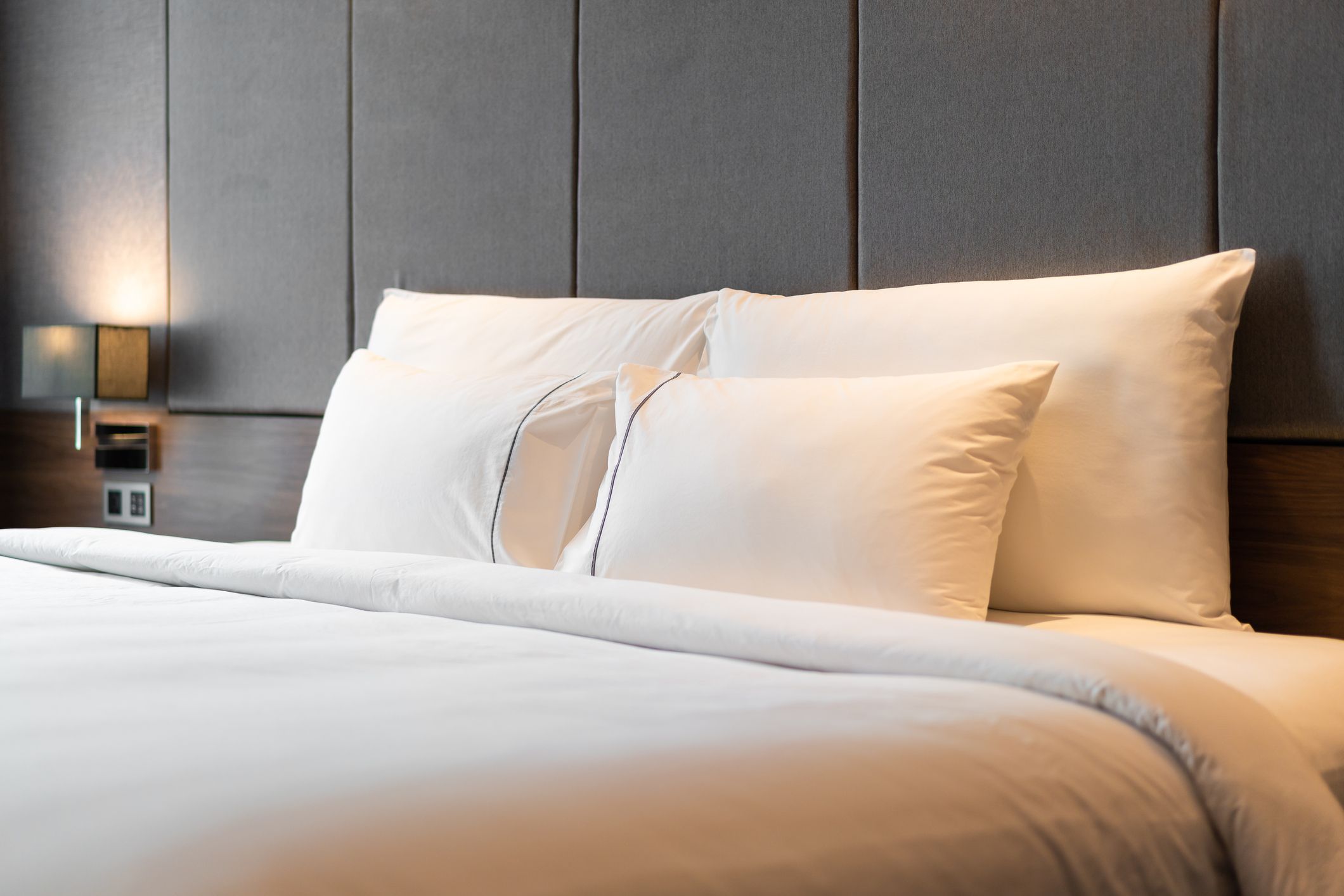
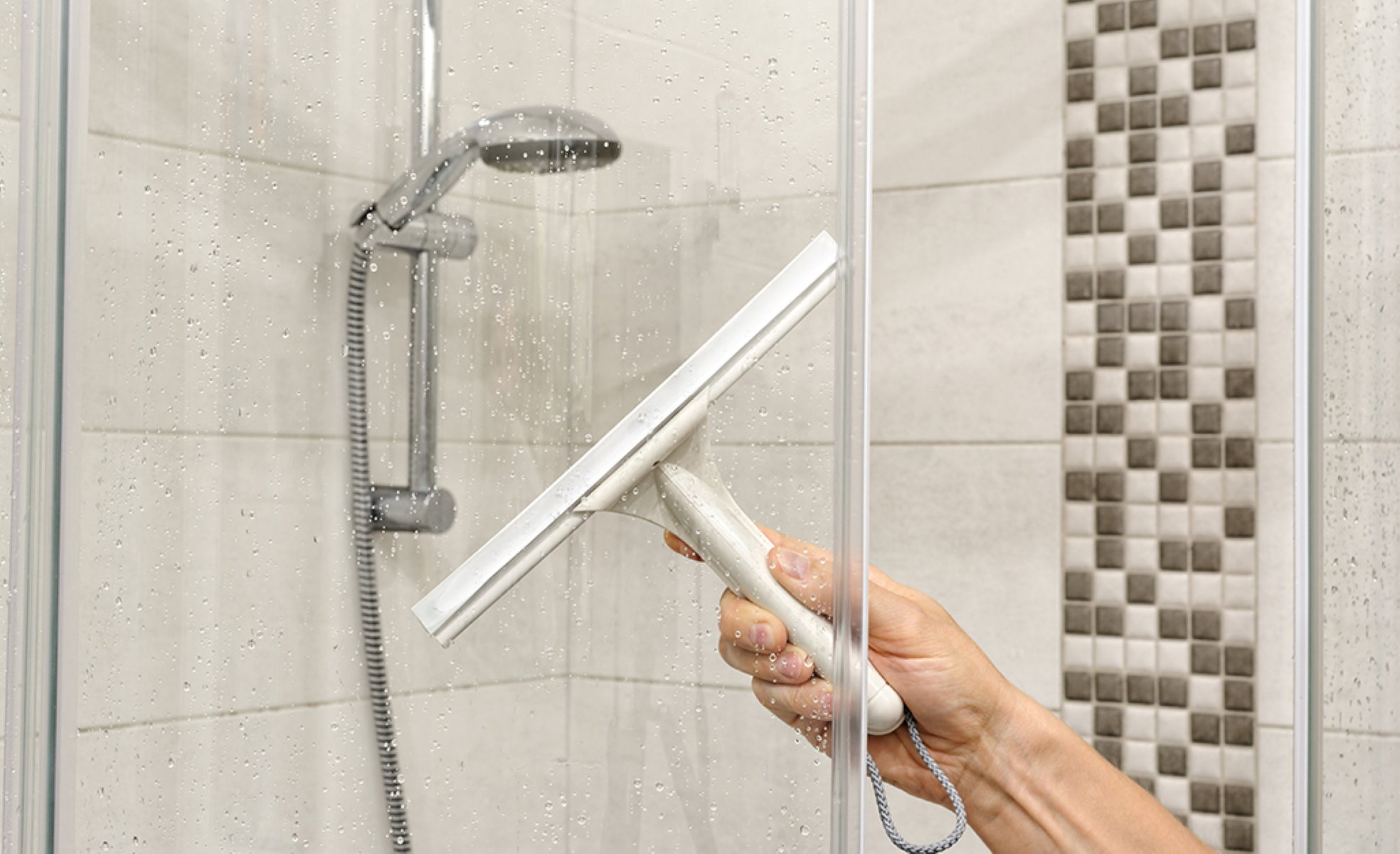
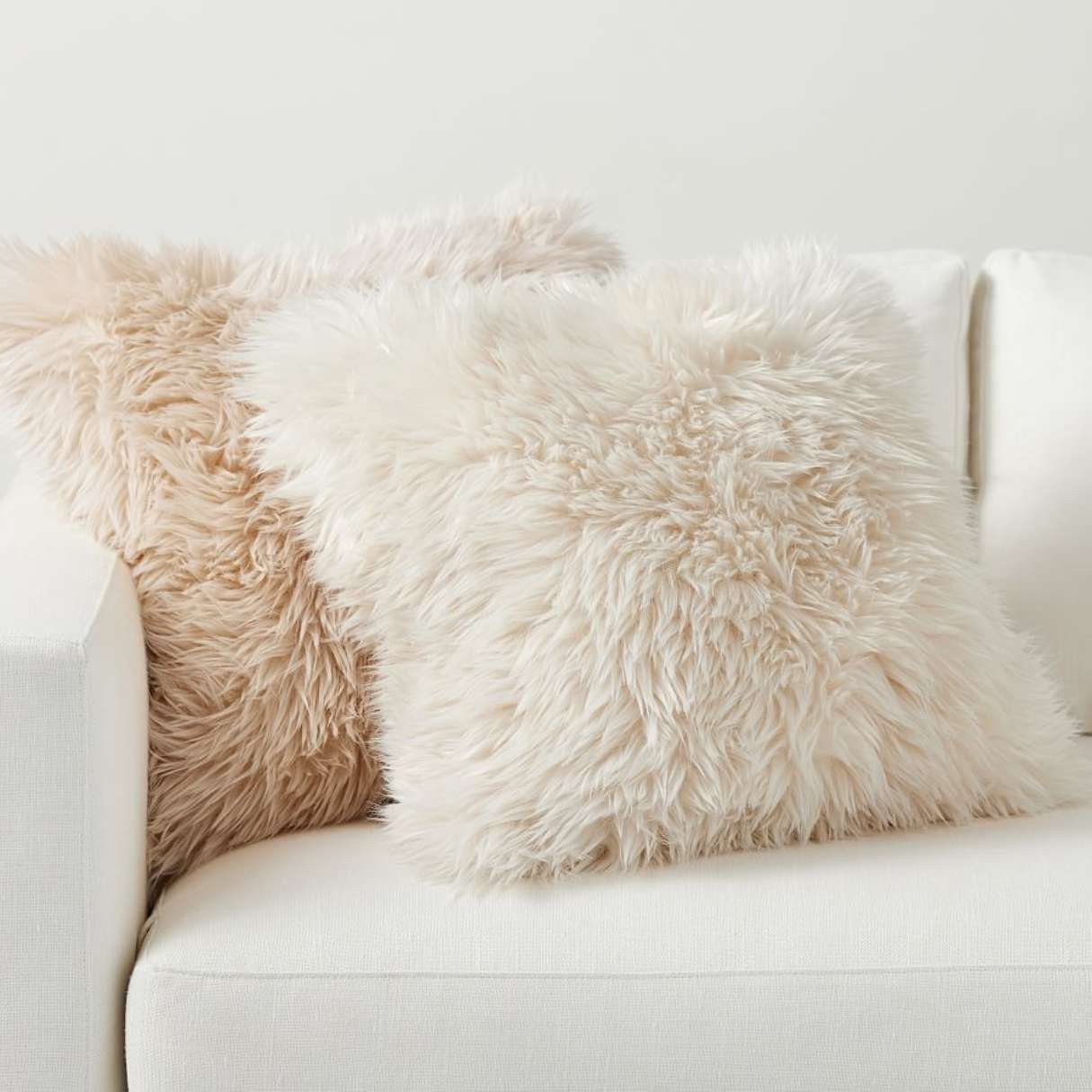
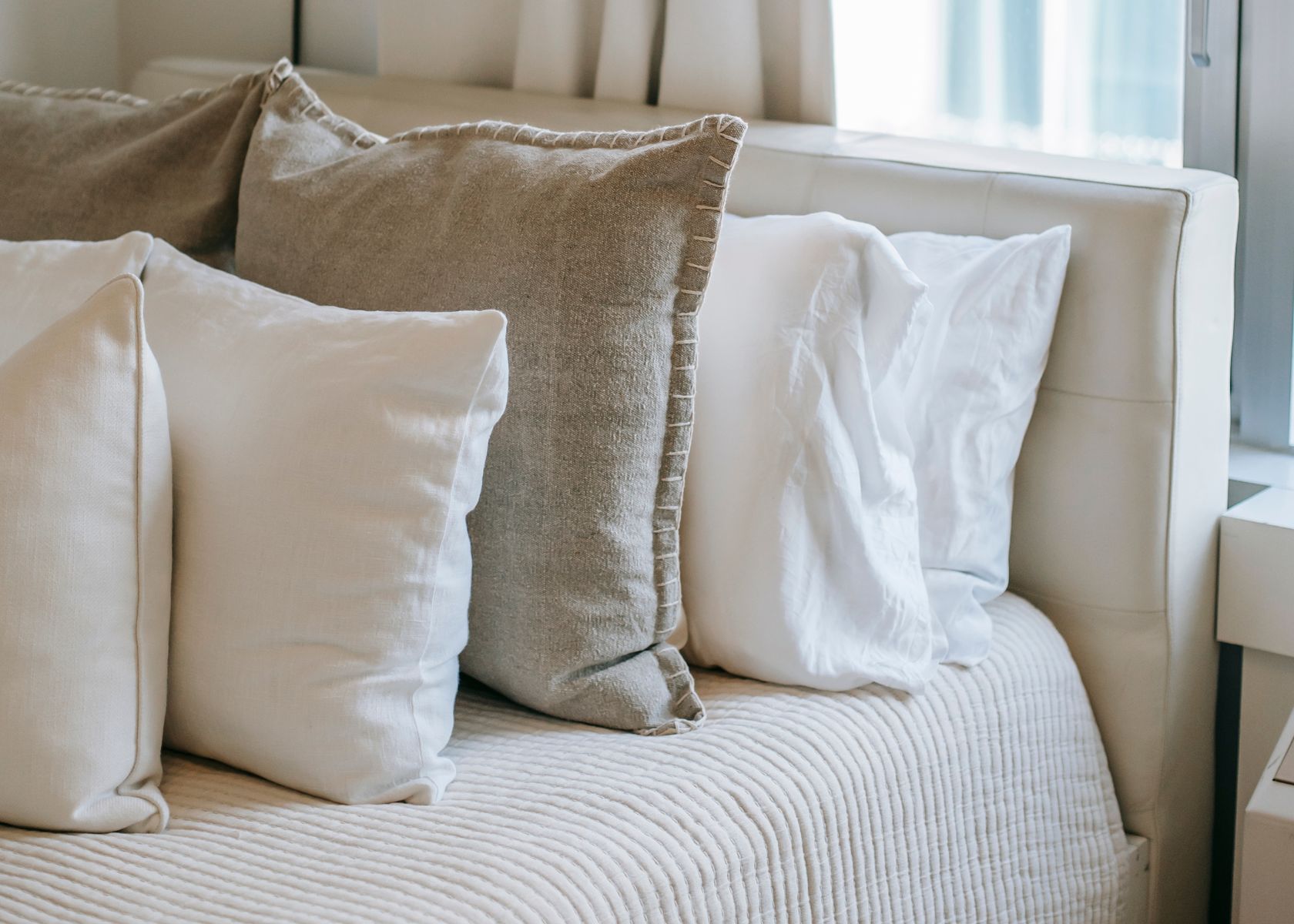
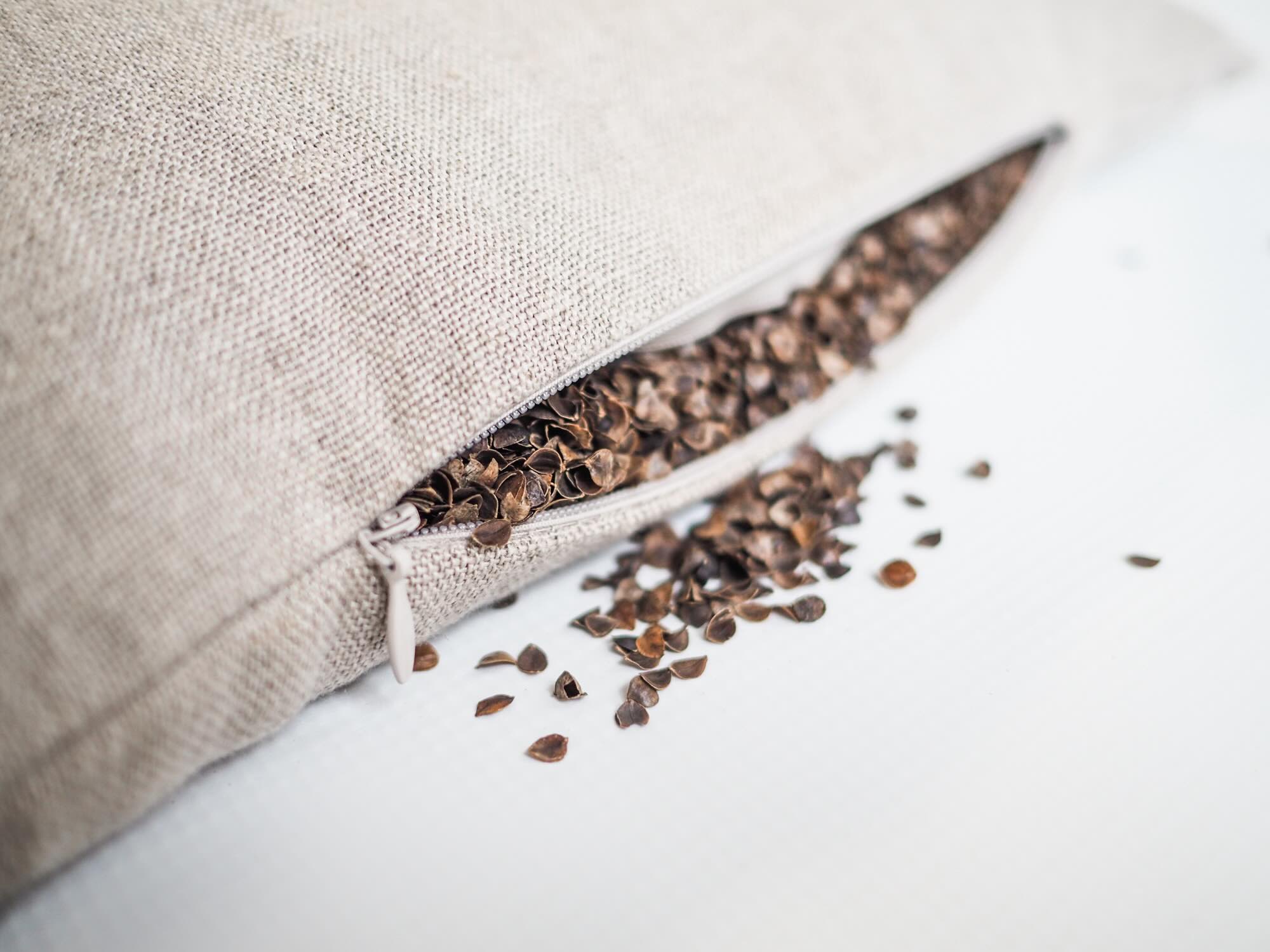
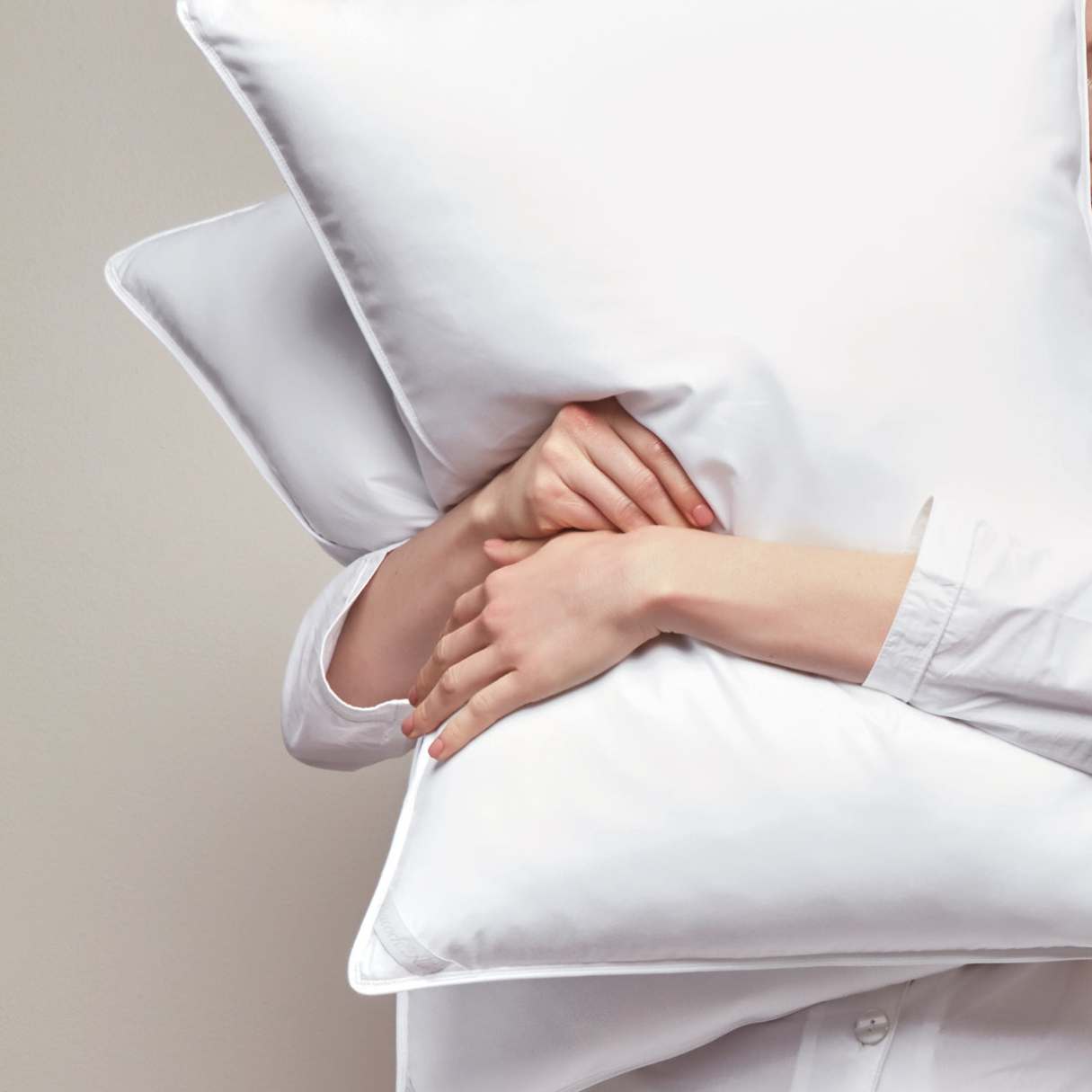
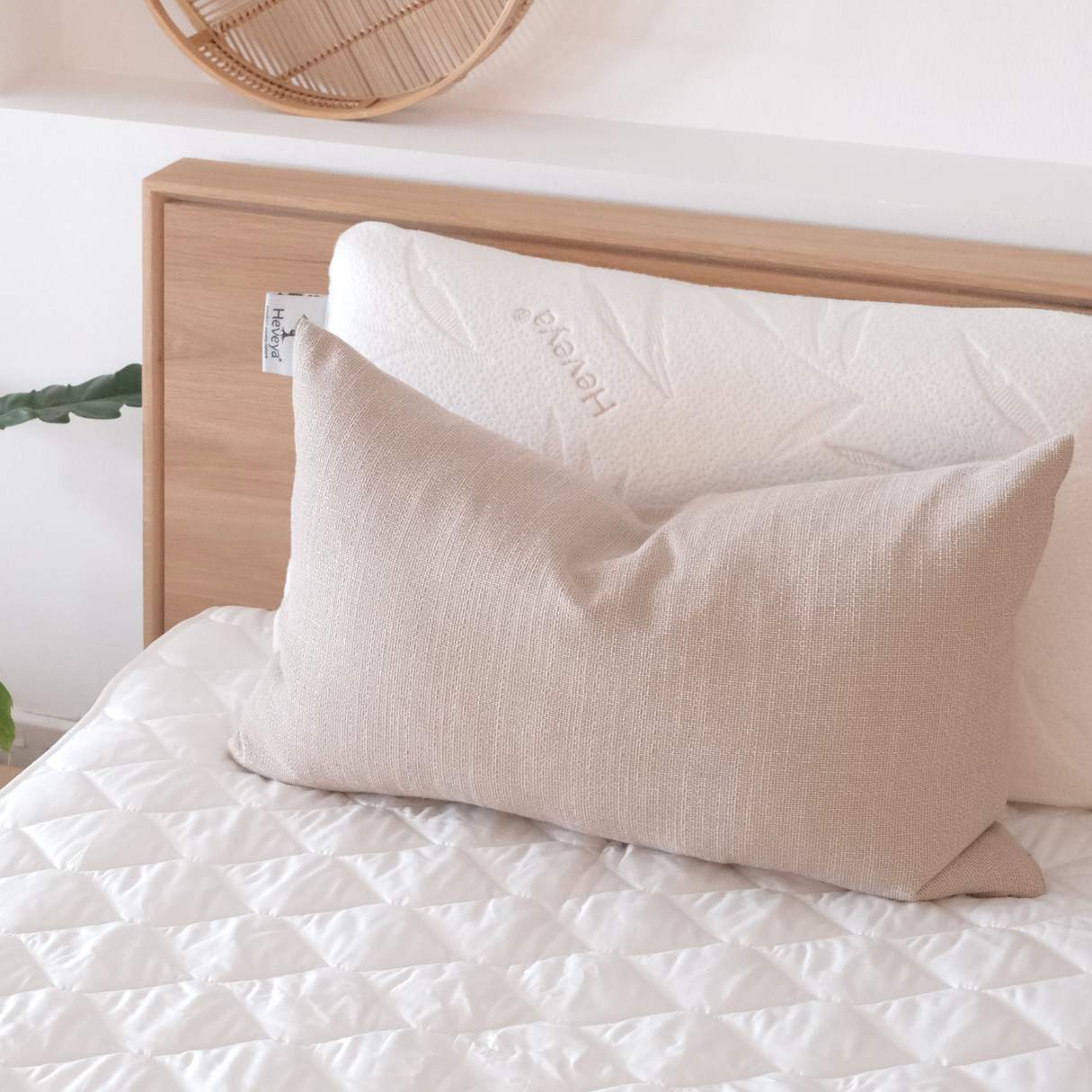
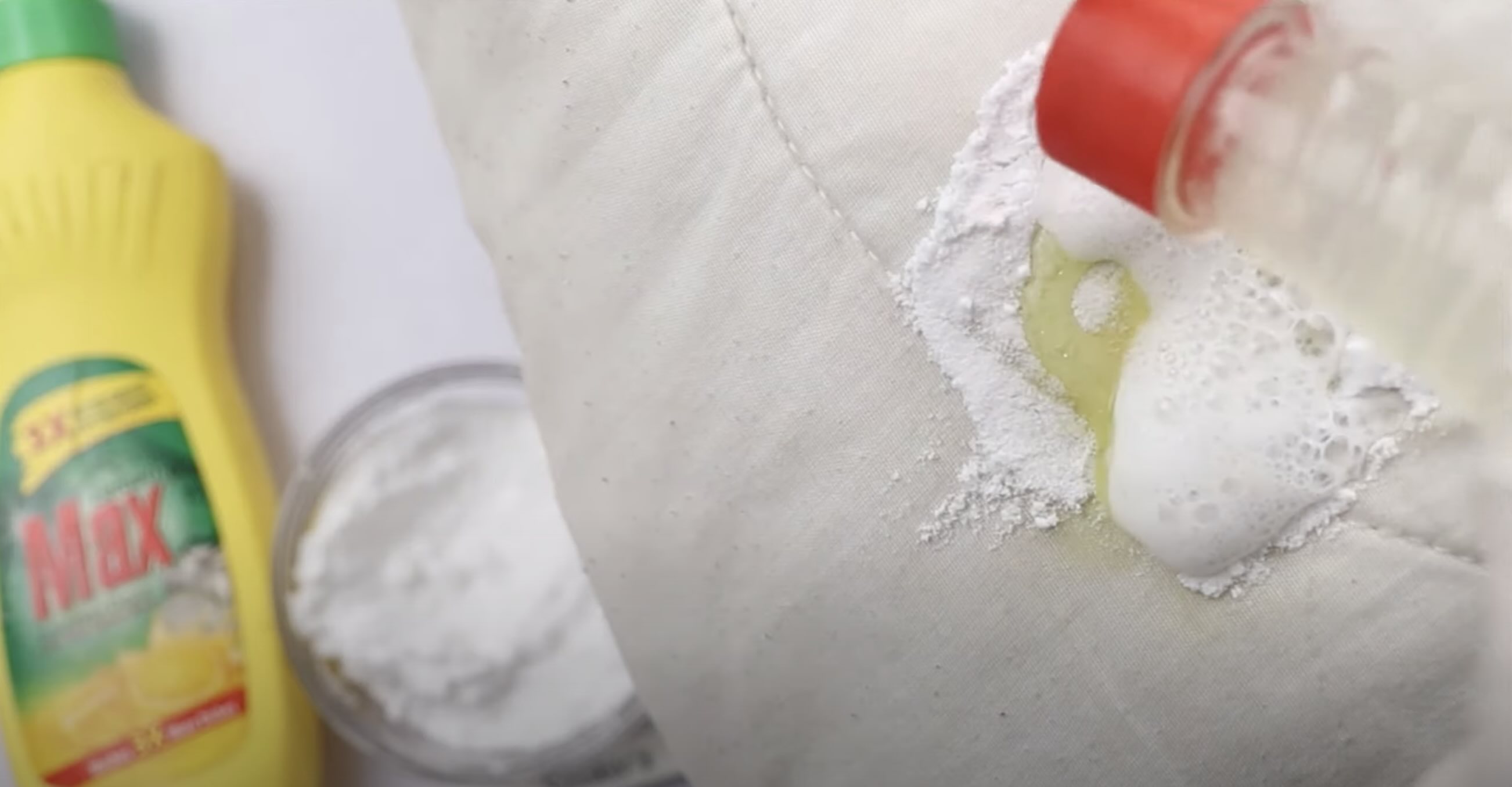
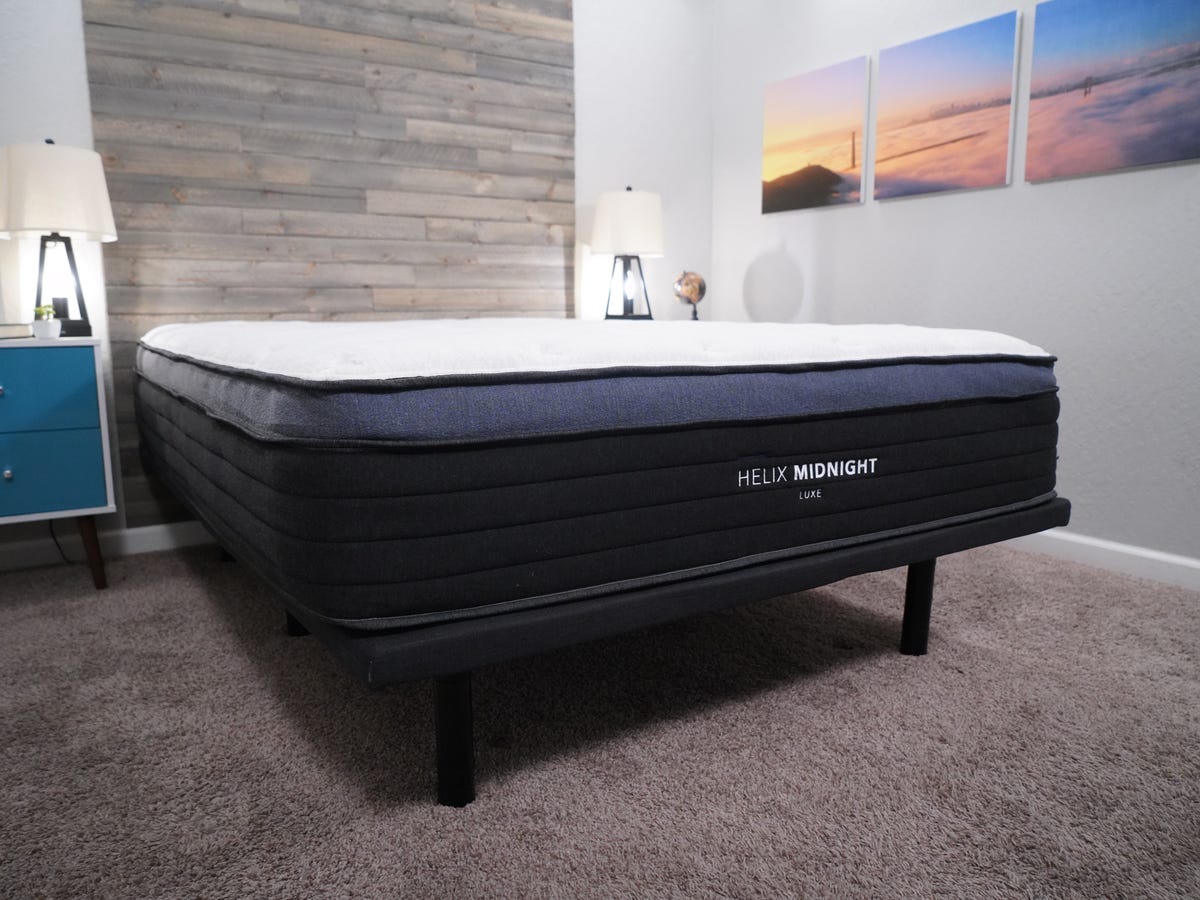
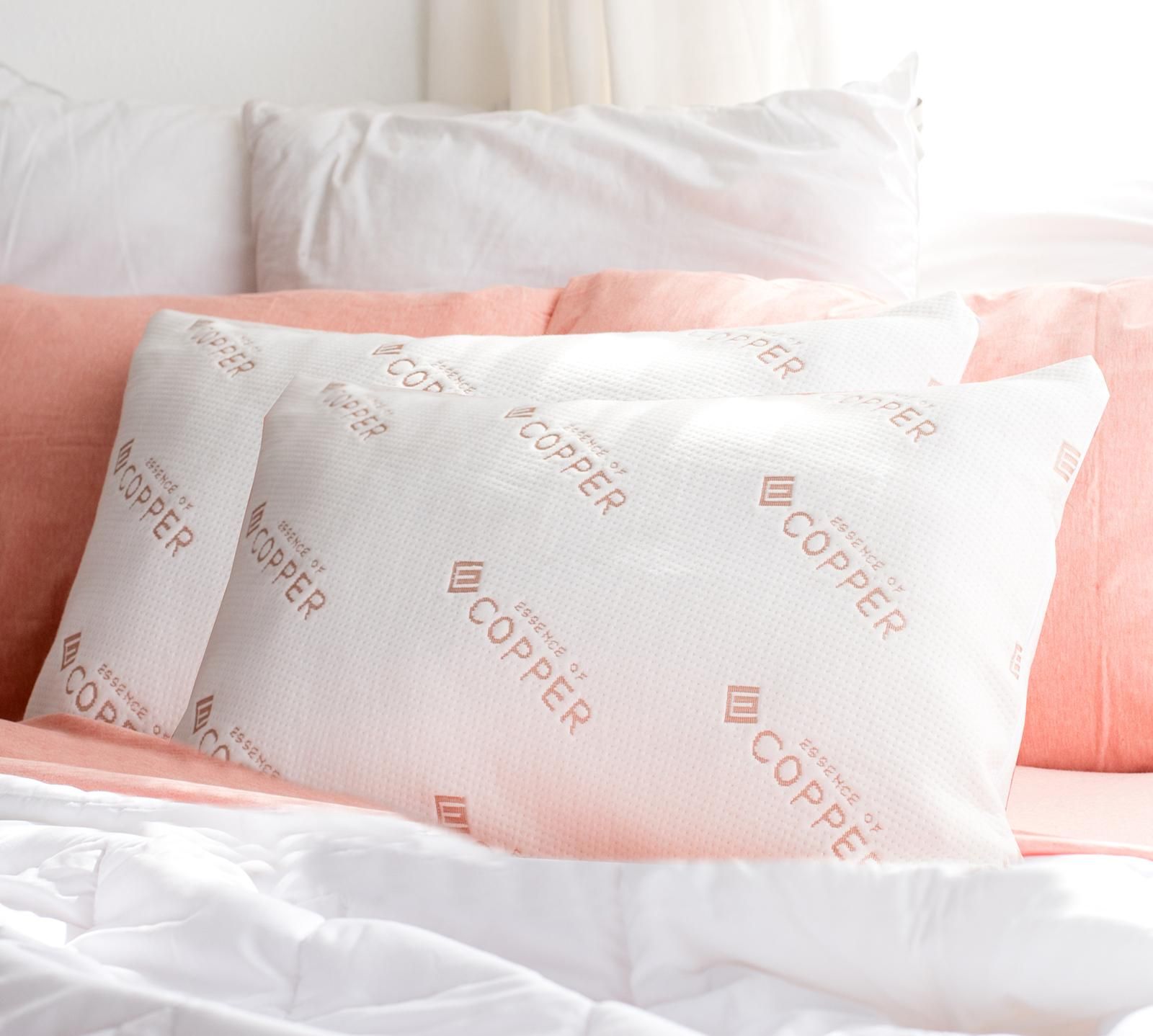
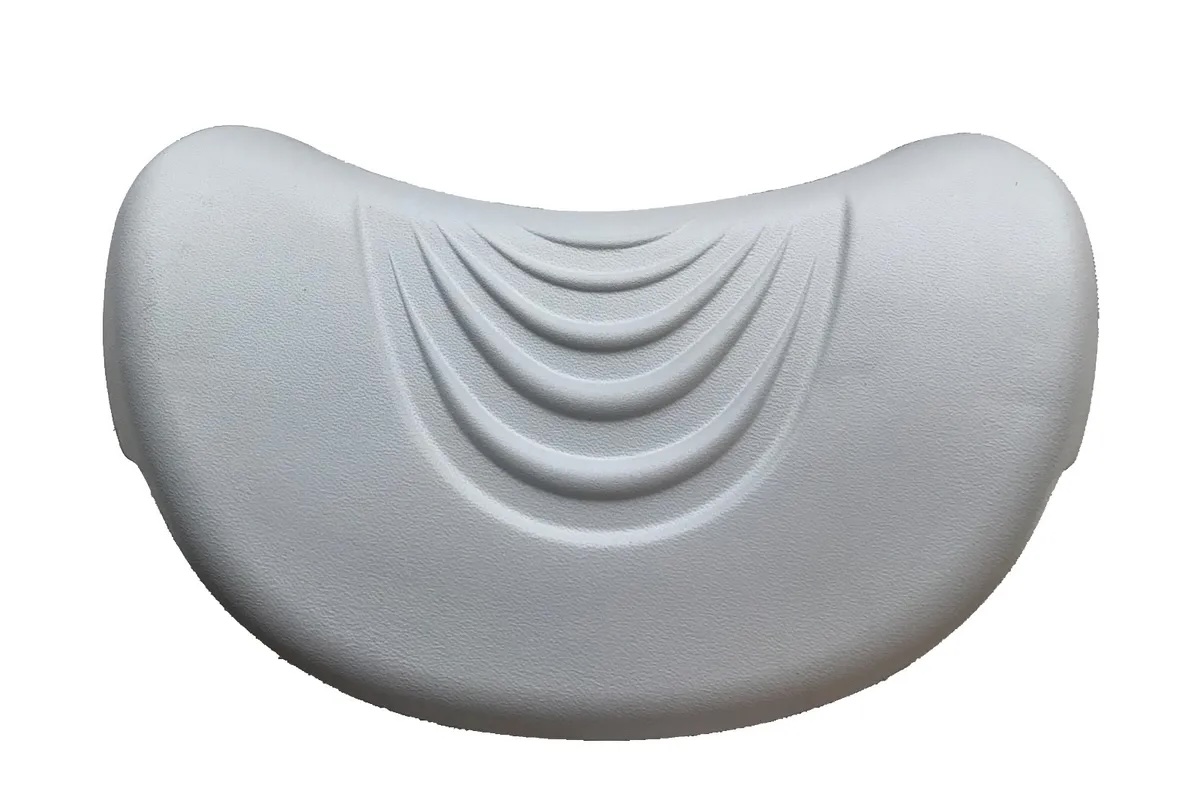
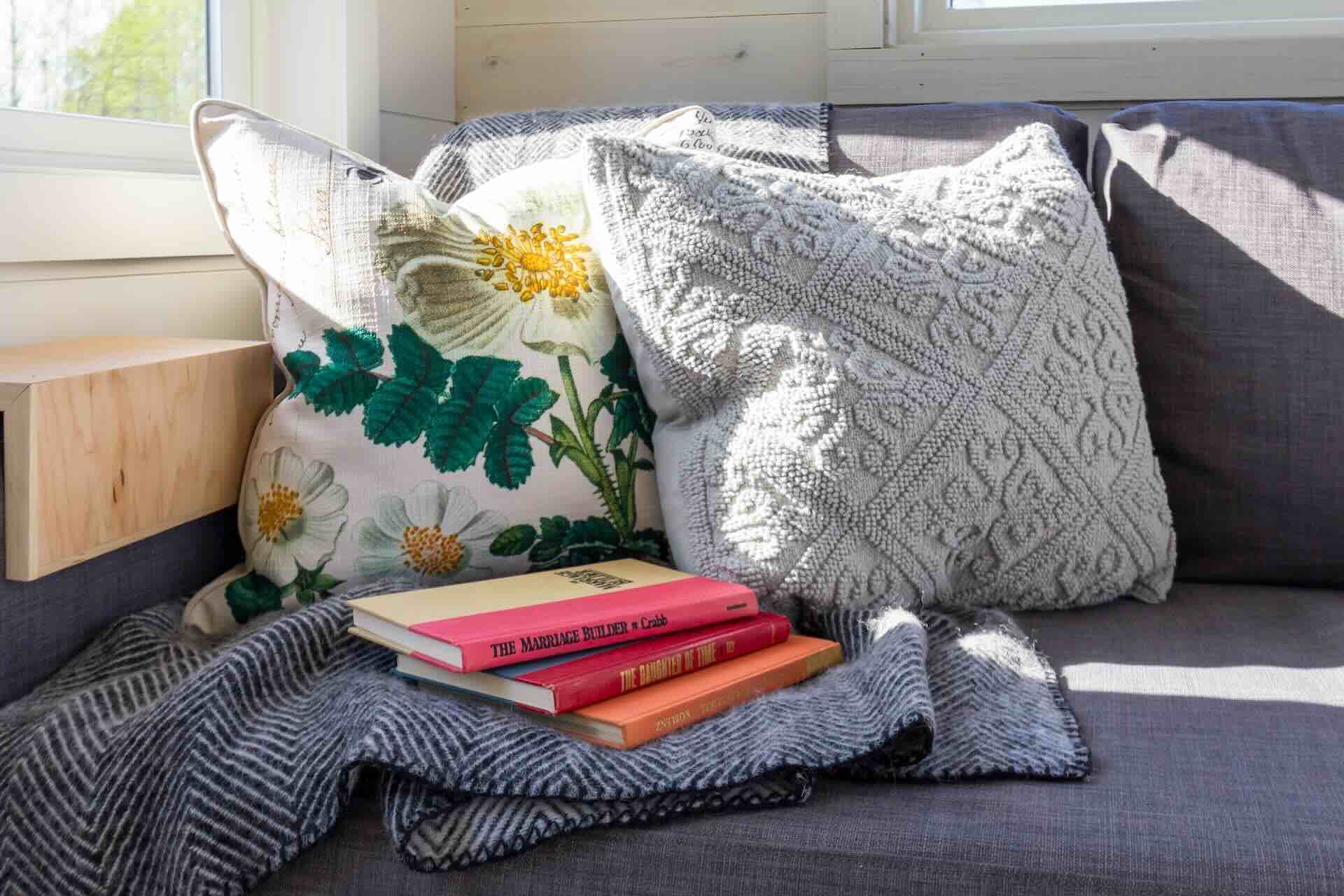
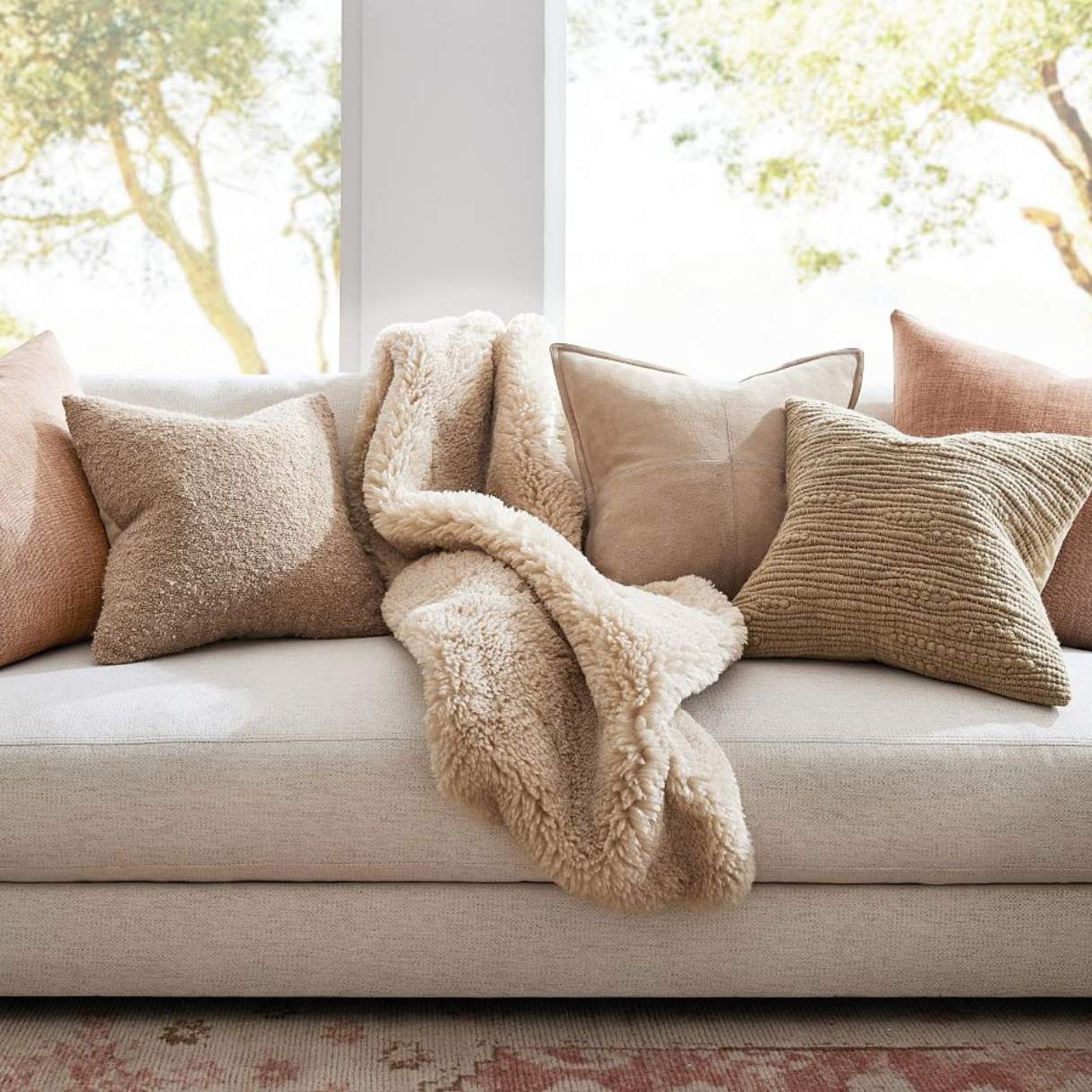

0 thoughts on “How Do Hotels Clean Pillows”